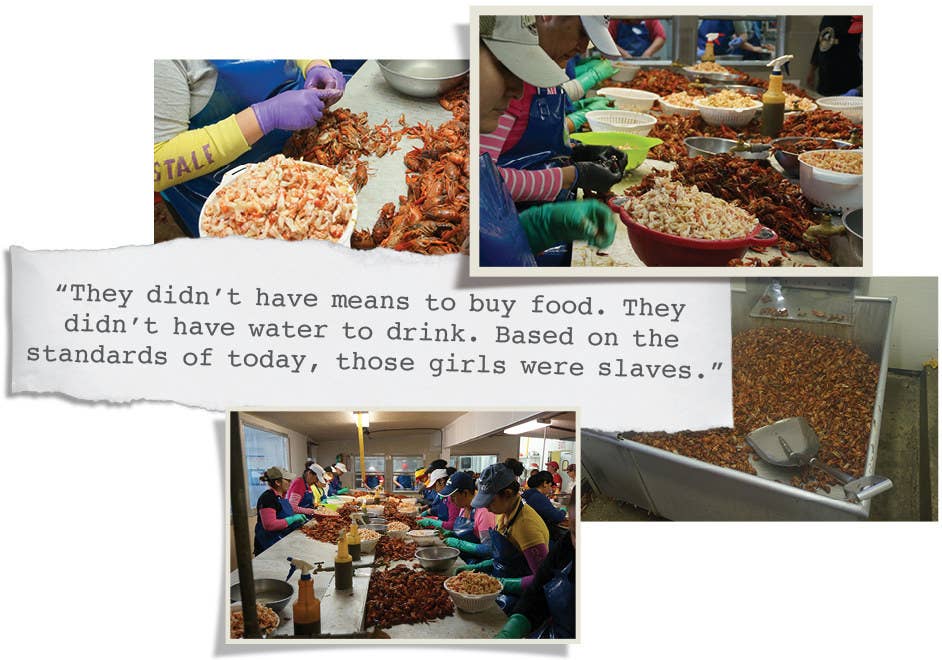
NOTE: If you don't have the book for whatever reason, here is a link to the article: https://www.buzzfeed.com/jessicagarrison/the-new-american-slavery-invited-to-the-us-foreign-workers-f?utm_term=.eo6zno7J#.mjEN8dEp
NO Definitions this time--though I might ask you about a few words in class, so read actively! :)
QUESTIONS: answer 2 of the following
Q1: The
article claims that in 2014, the Labor Department “found violations in 82
percent of the H-2 visa cases it investigated” (69). Additionally, the Mexican
government has actively been trying to save its citizens from abuse, and “has
repeatedly appealed to the United States to do more to protect guest workers”
(82). If so many documented abuses are on record, why hasn’t anything changed?
What seems to be the biggest stumbling block to reducing the number of H-2
violations?
Q2: One
investigator found working conditions which included sleeping “four to a room
in a filthy roadside motel, cooking on hot plates on the floor and unable to
drink the tap water because the plumbing was defective and actually issued
electric shocks” (88). If the working conditions are so deplorable, why do
workers from Mexico, India, and elsewhere keep coming? Wouldn’t word of mouth
eventually warn them to stay away?
Q3:
Many of the claims of workers vs. employers devolve into a kind of ‘he said-she
said’ argument, with the employers contradicting their employees’ complaints
(or vice versa, if you side with the employers). When confronted with the
employee’s complaints of draining water from crabs (to make them weight less),
the employer countered, “they didn’t tell you that they patted their hand in
the water bowl and dropped the water on the meat, did they?”” (81). From the
article itself, is there any way to tell who
to believe? Are both sides exaggerating? Or is it truly a one-sided abuse?
What do the authors seem to believe?
Q4: This article involves a number of “conversations” that that are prevalent in our society right now. Immigration/migrant workers is one of them, but only one: what is another big conversation this essay introduces to the reader? How does this article help us understand why this conversation is so important to 21st century Americans—and how much more needs to be said about it?
Q4: This article involves a number of “conversations” that that are prevalent in our society right now. Immigration/migrant workers is one of them, but only one: what is another big conversation this essay introduces to the reader? How does this article help us understand why this conversation is so important to 21st century Americans—and how much more needs to be said about it?



